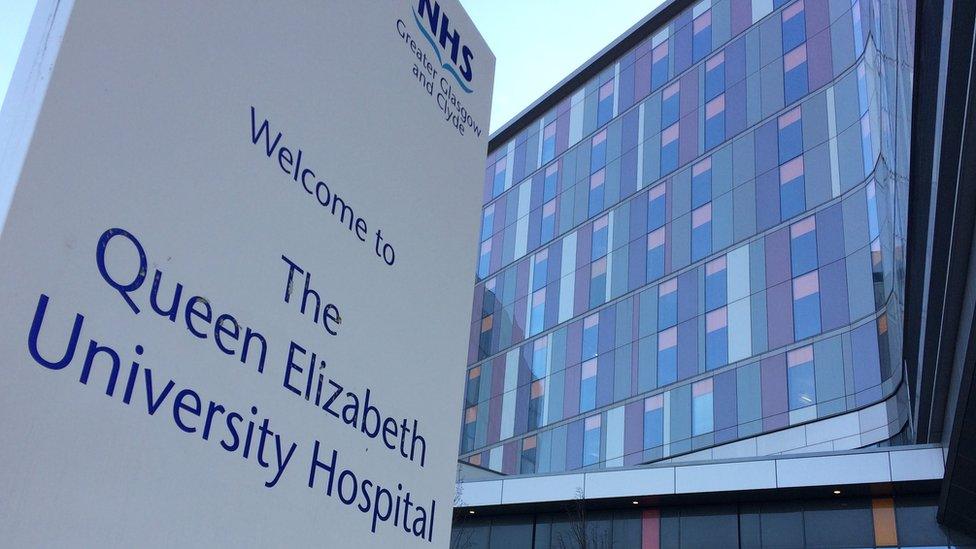Glasgow hospitals infection review team wants to hear from public
- Published
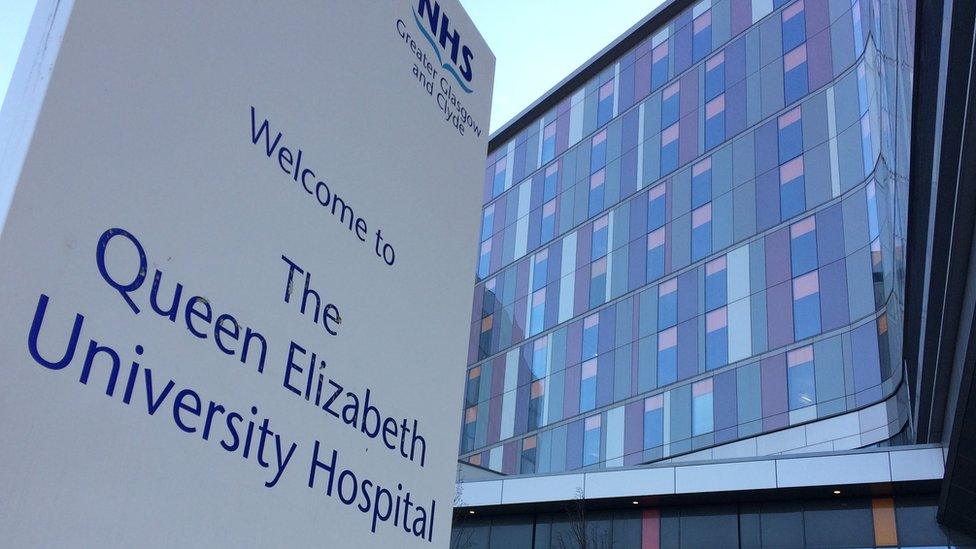
Several rare microbiological contaminants with the potential to cause serious infections have been identified
An independent review into infection risk at Scotland's largest hospital is seeking evidence to help the inquiry.
The Queen Elizabeth University Hospital (QEUH) in Glasgow has experienced problems since opening in 2015.
The inquiry aims to establish whether hospital design or maintenance hinders staff controlling infection outbreaks.
Two people who died at the hospital were found to have contracted Cryptococcus fungal infection which can be linked to pigeon droppings.
The 10-year-old boy and 73-year-old woman died at the Govan hospital campus, which is also home to the Royal Hospital for Children (RHC), in January.
A room not open to the public and thought to contain machinery was identified as a likely source of the infection and an investigation was launched.
A third death, involving a 63-year-old patient who was contracted the fungal infection Mucor, is also being investigated
Several rare microbiological contaminants with the potential to cause serious infections have also been identified at the hospital, which cost £842m, and have been linked to issues with water quality and ventilation systems.
'We want to hear from you'
At an event in Glasgow Dr Brian Montgomery and Dr Andrew Fraser, who are leading the inquiry, formally asked for anyone who may have relevant information to engage with the review team.
Dr Montgomery said: "We are already in the process of establishing the review and would encourage anyone who wants to share their experiences of the QEUH to come forward. We want to hear from you."
They hope the inquiry would help ensure conditions are right for infection control "not only for this hospital but for all our hospitals in the future", Dr Fraser said.
At this stage written submissions are expected from QEUH and RHC patients and their families, hospital staff, and people involved in the design, build, commissioning and maintenance of the hospitals.
Members of the wider public and individuals or groups with concerns about the buildings and their impact on infection prevention and control are also welcome to contribute.
Review team members plan to meet individuals and groups to share and discuss specific concerns at a later stage.
- Published3 May 2019
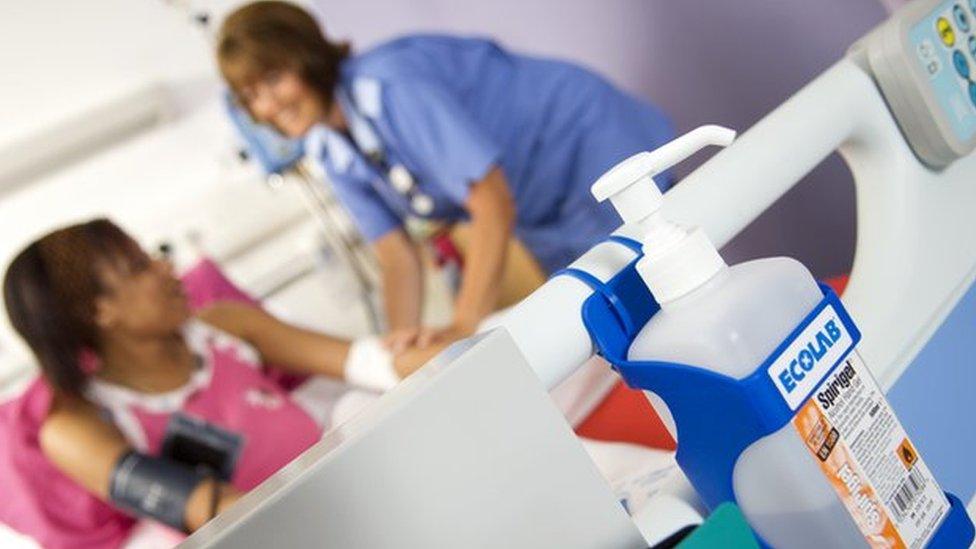
- Published2 May 2019
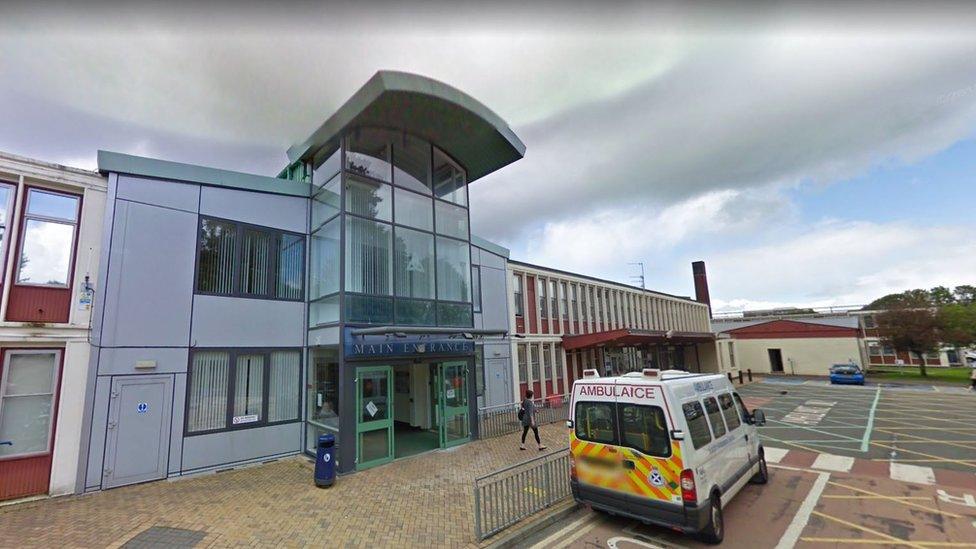
- Published19 March 2019
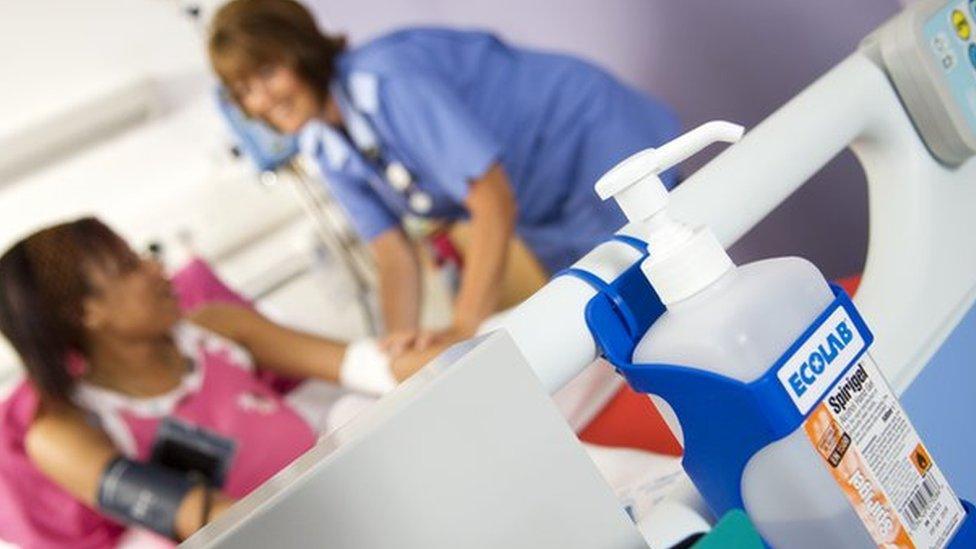
- Published14 March 2019

- Published22 February 2019
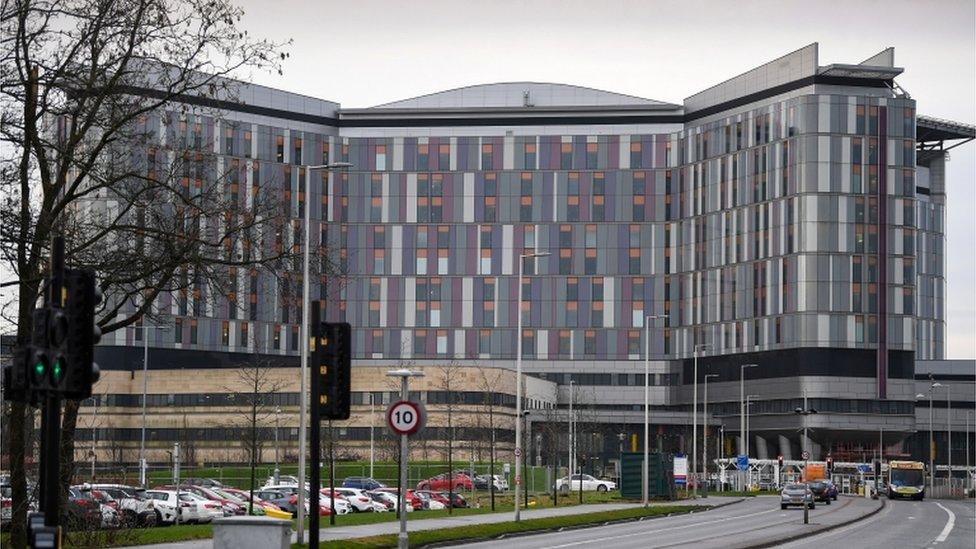
- Published19 January 2019
